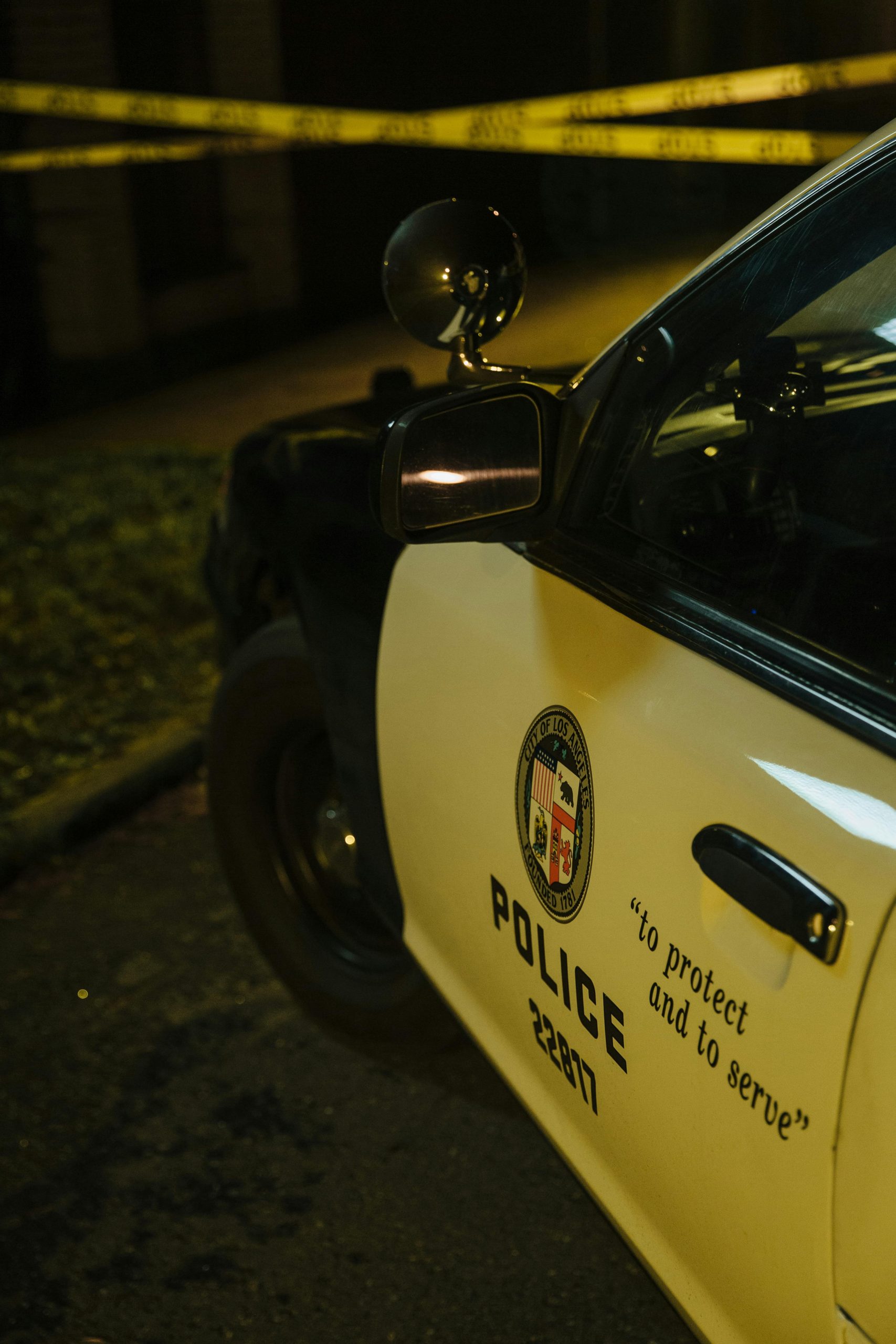Allstate changed their liability decision over a year after the accident. A friend was involved in a motor vehicle accident where she was driving straight and the other vehicle was coming down a driveway. The other driver didn’t stop and received a citation for reckless driving. My friend sustained injuries and sought standard medical treatment, including ambulance services, ER visits, physical therapy, and some testing, which resulted in lost wages. The accident occurred in Virginia, and Allstate initially determined their insured was 100% at fault.
Fast forward over a year later, seven months before the statute of limitations expired in Virginia. We sent a demand for compensation, and one month later, Allstate suddenly reversed their decision, claiming they had “obtained data” indicating that my friend was speeding at 12.8 mph over the limit on our side of the road. This doesn’t seem to align with the circumstances of the incident. There were no skid marks, and my friend had slowed down and moved into the other lane in an attempt to avoid the collision, but the other driver didn’t check for oncoming traffic.
The police report shows my friend was obeying the speed limit, and the officer didn’t witness any speeding. While the other driver admitted fault at the scene, his family arrived afterward, insisting my friend was speeding despite not witnessing the accident, which raises concerns about potential bias.
I’m also suspicious about Allstate’s ability to pull the event data recorder (EDR) information so late in the claim process. I’ve never encountered a personal auto insurance claim where EDR data was extracted. The chain of custody and the method of extraction could be problematic, especially considering the vehicle was a total loss.
Given that Virginia follows a pure contributory negligence rule, Allstate’s reversal puts the claim back onto our insurance, which is acceptable because we have the coverage. However, the risk remains that our insurance could reach the same conclusion and deny liability. While I doubt that would happen, it’s still a concerning situation.
Isn’t this indicative of bad faith on Allstate’s part? Virginia law requires insurers to obtain permission to access such data, and they should disclose how they obtained it. This situation is quite strange and could escalate into significant financial implications if both insurance companies deny liability. Allstate already covered the total loss some time ago. My understanding is that even if the title was transferred, the law stipulates they can’t access that information without a request since they are an insurer and not using the vehicle for everyday purposes. I’m not entirely convinced they pulled the EDR data, but their statements certainly suggest something unusual. Any insights would be helpful!




This situation does seem quite complex and raises several important concerns regarding liability, data access, and potential bad faith practices. Here are a few points to consider:
Liability Reversal: It’s not uncommon for insurance companies to reassess liability, especially if new evidence comes to light. However, that evidence must be credible and legitimate. If Allstate’s claim of retrieving EDR (Event Data Recorder) information is questionable, it could indeed be viewed as an unfair tactic.
Admissibility of Evidence: As you mentioned, chain of custody and the method by which the data was extracted are critical. If they did not follow proper protocols, any evidence they present could be dismissed in a court of law.
Contributory Negligence in VA: Virginia’s pure contributory negligence laws mean that if your friend is found even slightly at fault, she may be barred from recovery. This adds significant pressure for the insurance companies to assign liability appropriately to avoid denials.
Recognizing Bad Faith: You may have grounds for a bad faith claim if you can establish that Allstate acted unreasonably or without adequate investigation. If the insurer is not forthcoming about how they obtained the data or the basis for their liability determination, this could support a bad faith claim.
Insurance Policy Considerations: Since you do have coverage, it’s important to closely evaluate your policy and any endorsements that may apply to this situation. Your own insurer must also conduct a thorough investigation and cannot simply accept Allstate’s new findings without proper validation.
Legal Consultation: Given the complexities and potential for significant financial implications, consulting with a personal injury attorney who specializes in these matters would be a prudent step. They can better assess the specifics of your case and advise on the best course of action moving forward.
Documentation and Evidence: Ensure all documentation, witness statements, and evidence relevant to the accident are preserved. This information will be vital if the situation escalates into legal proceedings.
It’s definitely a precarious position to be in, and promoting clear communication with your insurer, while documenting everything, will be essential as you navigate through this.